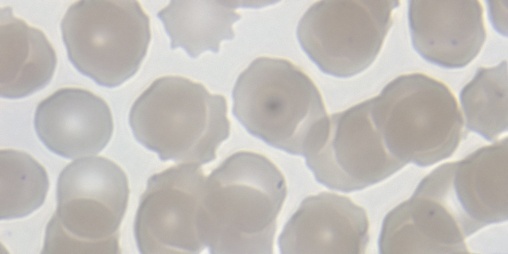Research at Dundee University into a type of white blood cells could pave the way for new treatments for autoimmune diseases and help prevent transplanted organs being rejected.
A team at the college of life sciences led by Professor Doreen Cantrell has been looking at how cytotoxic T cells work. These are a vital part of the body’s defences against viruses.
The scientists have been looking at a molecule that controls the ability of the cells to produce antiviral proteins called cytokines. They also studied a substance called protein kinase B that has an essential role in directing T cells towards sites of tissue infection.
Professor Cantrell said, “This work identifies potential new ways to develop treatments to treat autoimmune disease, new treatments to allow organ transplants and new ways to make vaccination more effective.
“The most significant finding from these two pieces of work is that they identify two different ways that we can manipulate cytotoxic T cell function. This is important, for instance, for autoimmune diseases and also following organ transplantation, as it gives us ideas about how to stop the killer function of T cells.”
The research was carried out with support from the Wellcome Trust and the Medical Research Council.
Imge used from Wikimedia Commons.
